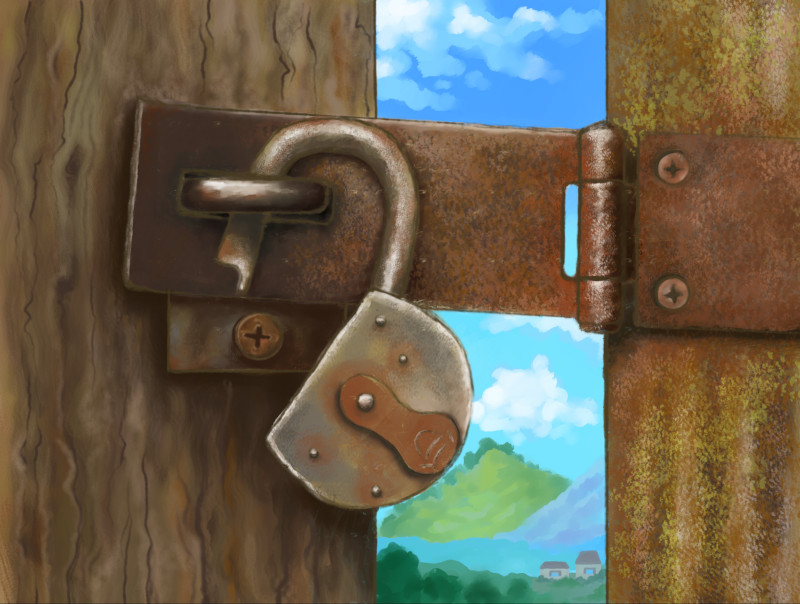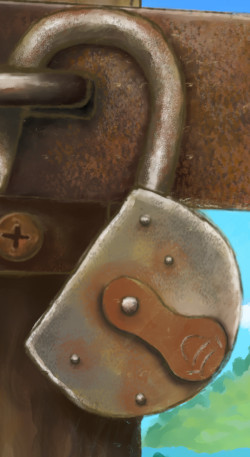

Drawing by Mogz (full resolution version) for Techrights. "About 4 hours, using various texture brushes, and a soft blender for the nature scene in the background," she notes.
TODAY we continue to release internal documents about patents (or Europe's monopolised patent office, which is also Europe's second-largest institution), but let's not forget what got us started; a decade and a half ago there was a directive in Parliament regarding software patents in Europe. Lobbyists of companies like Microsoft tried hard to cement monopoly by making it impossible to develop software in peace. Coding is an activity whose product is already covered by copyright law. Do we want patents on code? Is that even feasible to deal with? Code, unlike physical products, can be developed by a sole programmer. Programmers don't want to study hundreds of thousands of patents before writing a few lines of code.
"GNU/Linux is still the foremost vehicle for advancement of software freedom because it's likely the most practical to adopt and use (compared to lesser-known operating systems with far fewer device drivers)."Earlier this year we learned that software patents were leveraged against European developers and distributors of GNU/Linux distributions. No, not Canonical's or IBM's; actual community distros... people who barely live from one paycheck to the next (if they have a paycheck at all; some rely on generous donations). There's an urgent need to do something about it; the media sure isn't talking about it (too busy writing 'scripted articles' which are actually PR disguised as 'reporting'), but developers tell us about it.
GNU/Linux is still the foremost vehicle for advancement of software freedom because it's likely the most practical to adopt and use (compared to lesser-known operating systems with far fewer device drivers).
 We recognise that many of our readers are not coders; some aren't very technical either (or not technical in the software/programming sense). Mogz, who has just produced for us the drawing on the right (and above), understands that software freedom isn't just for coders. It's also important for artistic types like herself -- a person who values privacy and other cornerstones of a dignified society
We recognise that many of our readers are not coders; some aren't very technical either (or not technical in the software/programming sense). Mogz, who has just produced for us the drawing on the right (and above), understands that software freedom isn't just for coders. It's also important for artistic types like herself -- a person who values privacy and other cornerstones of a dignified society
There's an old saying about recognition of the importance of something only once someone loses that something. Think of elections. Back in the days people had no voting rights or only particular people could vote (e.g. the rich "landowners", only males, only 'white' males and so on). Had people, especially women, lost their right to vote, there would be an uproar, correct? Why aren't people protesting the erosion of their privacy? Why are people installing so-called 'apps' that spy on their movement in the name of 'protecting' them? Why are people tolerating operating systems which are very well known to contain deliberate back doors?
Our guess is, as time goes by and things get grimmer (we're seeing EPO workers increasingly concerned about being spied on inside their own homes) more people will begin to recognise just how important Free/libre software is. The problem is, by the time enough people realise this and "wake up" (akin to recognition of the voters' disfranchisement) it might already be too late to effectively work to correct it. ⬆